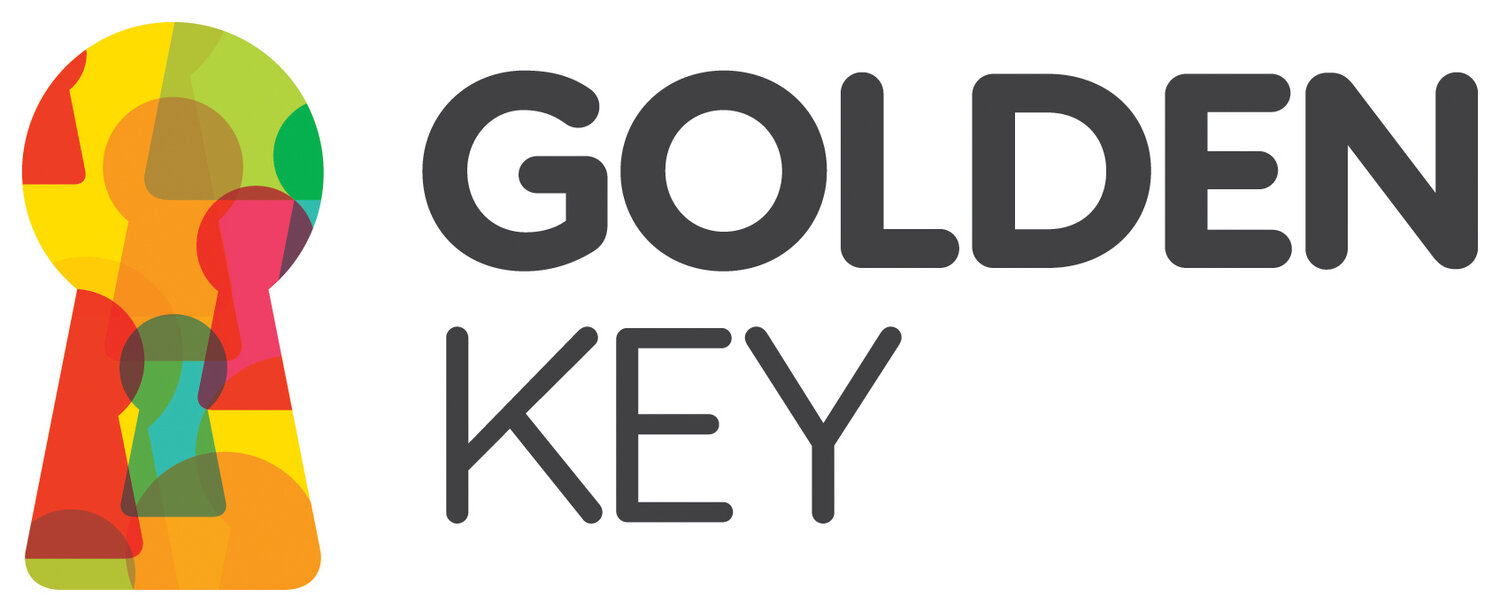At Golden Key, we believe that anyone can make change happen, connectedness can lead to opportunities, and everyone is an ED&I leader. However, it is vital to recognize that without trust, agency, and a moral imperative to do this work, the extent to which an individual is prepared to take risks and take steps into the unknown – something all ED&I leaders need to be able to do – is negatively impacted.
To be empowered, and empower others to work more effectively towards equitable, diverse, and inclusive outcomes, it is important to take the time to:
Create the conditions of possibility
Build intentional spaces to talk about ED&I
Develop a shared understanding that ED&I is not distinct nor separate to other work
Creating the conditions of possibility
At Golden Key we have identified a framework of seven conditions necessary to support and sustain trust, agency, and a moral imperative to do this work. These are:
Investment – of time and money
Strategic sponsorship
Commitment to doing things differently
Tolerance for being uncomfortable
Co-production
An understanding that this work is never done
Active and accessible systems of support
Without these, individuals may feel they are unable to fail or make mistakes, which in turn acts as a barrier to positive ED&I outcomes. In other words, for individuals to feel capable to address systemic inequalities, they must be able to trust that their team/organisation ‘has their back’ if things don’t go to plan. It’s important to note that ‘having each other’s back’ includes a willingness to challenge one another in a compassionate way for learning and growth.
An important feature of trust on an organisational level is that it has to be reciprocated. Leaders and managers cannot expect their staff to trust them if they are not willing to trust their staff. Similarly, staff cannot expect to have the trust of leaders if they do not show that they trust them. Over time, having active and accessible systems of support will help to build a trust that flows both ways.
Building intentional spaces to talk about ED&I
We have found that to maintain this trust and build a sense of agency it is essential to work reflectively.
Creating intentional spaces to talk about ED&I, such as the Golden Key ED&I: Addressing the elephant in the room conversation series and the ED&I Learning Group, provided opportunities to safely reflect on and discuss the pressures participants were experiencing when confronted with different ED&I challenges. In turn, this helped to build and strengthen the emotional muscle needed to do the deep work required by ED&I, and enabled collaboration across teams, organizations and systems to co-produce and share ideas.
In these arenas, it’s not important to name all of the pressures as these will change over time and across contexts. It is important however to know they exist and can impact on how we interact in the system. We have found that the impact of these pressures can be reduced simply by acknowledging them.
In our experience, intentional spaces to talk about ED&I have been an anchor to participant learning, an enabler to participants feeling prepared to take personal risks and implement change, and a source of agency to engage in ED&I.
It is important to note an individual’s level of agency may be impacted by particularly high workloads as they simply may not feel they have time or headspace to do it. This is especially true when the individual feels that ED&I activity is an add-on to their already full workload rather than a core part of what they do.
Developing a shared understanding that ED&I is not distinct nor separate to other work
Equalities work can feel a little daunting and difficult to know where to start, but ED&I activity doesn’t need to be distinct and separate to our other work.
Thinking about how ED&I can be integrated into daily work is important. If equalities thinking is embedded into the ways individuals, teams, organisations, and partnerships work it is more likely to be sustained.
At Golden Key we have learned that the extend to which individuals will apply an ED&I lens as a standard practice to all aspects of their work – as opposed to paying lip service to ED&I as a standalone agenda item – is affected by how far they feel they have a moral imperative to do the best they can for their clients and colleagues.
We have found that those engaging in equalities work have a strong sense of moral imperative. Those looking to encourage others to embrace ED&I need to tap into people’s sense of moral imperative as a lever for achieving change and encourage individuals to look beyond the boundaries of their comfort zone and think about the greater good. When people are bought into the bigger picture, they will naturally work together in the best way possible to realise ED&I as a standard practice, not a separate piece of work in addition to their existing workloads.

